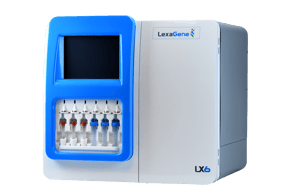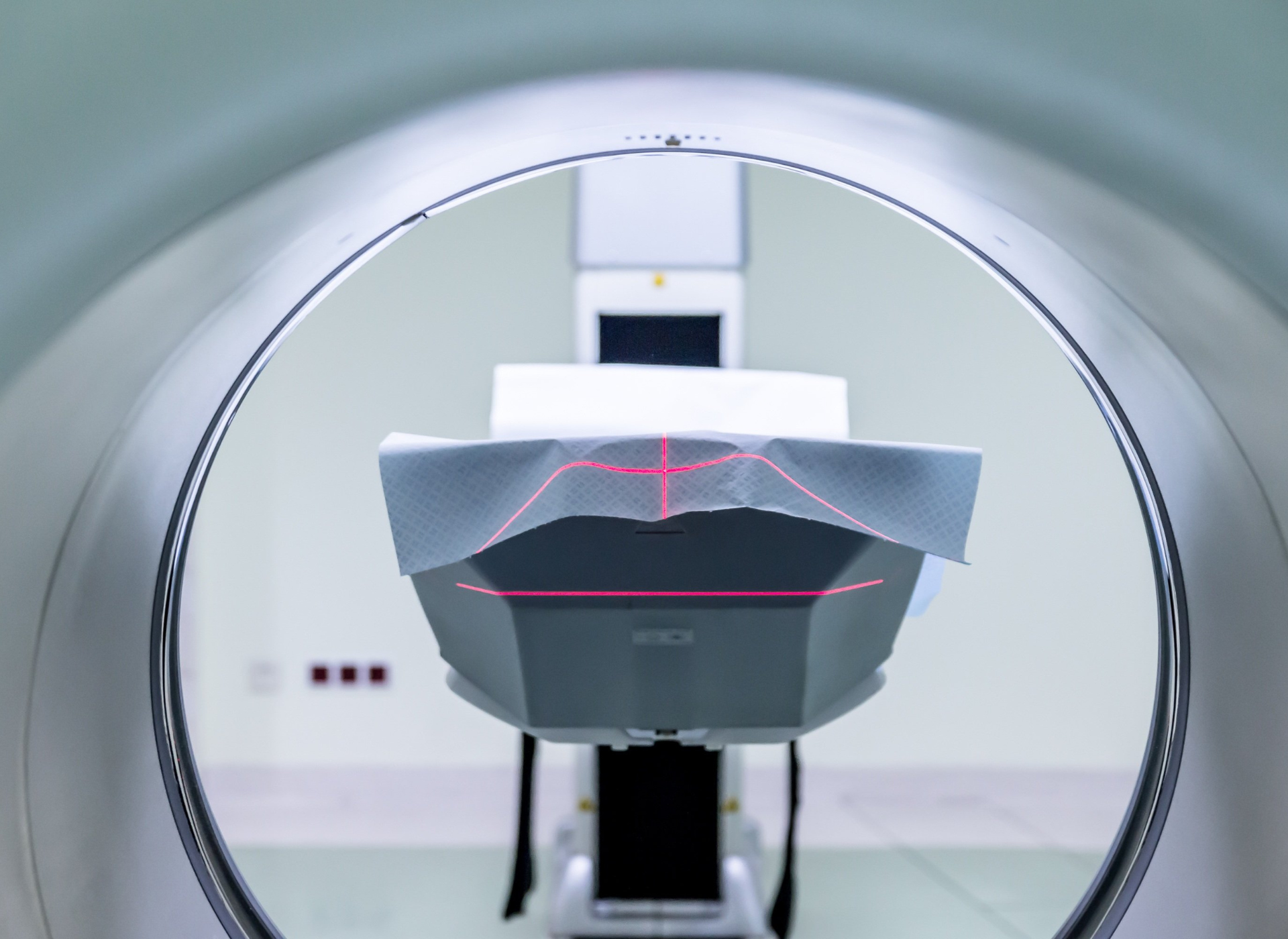Three Pain Points of Medical Diagnostic Technology
Diagnostic equipment is a form of medical equipment used to diagnose various medical conditions. Diagnostic devices range from a simple otoscope for examining ears, to a complicated magnetic resonance imaging (MRI) machine. The world realized a strong need for diagnostic equipment during the Covid pandemic. This equipment is very useful in detecting conditions at an early stage so that they can be treated early, avoiding further complications.
Although this equipment is making advanced technological strides, there are still challenges companies are working to address. Diagnostic equipment failure is one of the most serious types of medical equipment failure due to its importance in properly diagnosing a patient and ensuring correct treatment. Here are three common challenges faced with medical diagnostic product development:
Issues Hindering the Effectiveness of Diagnostic Equipment
- Accuracy and consistency of mechanics: When it comes to diagnosing medical conditions, a small mechanical error can cause costly, and even life-threatening, results. Often times a diagnostic machine takes a human sample (blood, saliva, etc.) and places it to be scanned and analyzed. If the positioning of this sample is off, even by a minuscule amount, the results of the test can be wrong or invalid.
- Temperature control/management: Temperature consistency is important in a number of industries to preserve quality and ensure consumer safety, but it is especially critical for
 the medical field. Diagnostic and analytical instrumentation require temperature controls to keep equipment and life-preserving machines working reliably and efficiently. As diagnostic equipment trends on becoming smaller and more compact, there also comes a struggle with temperature control as the electronics becoming more compact can lead to thermal challenges. In turn, some systems require refrigeration for specific reaction temperatures.
the medical field. Diagnostic and analytical instrumentation require temperature controls to keep equipment and life-preserving machines working reliably and efficiently. As diagnostic equipment trends on becoming smaller and more compact, there also comes a struggle with temperature control as the electronics becoming more compact can lead to thermal challenges. In turn, some systems require refrigeration for specific reaction temperatures. - Data acquisition and analysis: Diagnostic equipment provides data to the user. Patient data, product data, and more. What do you now do with all of this info beyond storing it properly? How do you integrate it with all of your other systems? How do you create additional value with this newly developed data? Big data cannot easily be analyzed by ordinary data processing algorithms and applications.
.png?width=768&height=246&name=Medical%20Diagnostics%20(1).png)
Our Solutions
- Mechanical design for positioning to increase accuracy and precision.
- Control systems, embedded systems, and fluidics expertise to ensure safe temperature controls.
- Machine learning algorithms for the acquisition, processing, and analysis of data.
For almost three decades, Boston Engineering has designed, developed, and optimized devices and technologies the medical community relies on to save lives, enrich quality of life, and reduce costs to the healthcare system. We provide solutions to the challenges in the development of medical diagnostic equipment.
Our expertise includes industrial design and product redesign, sensors and control systems, robotics technical innovation, and digital software solutions.
Imagine your Impact: Stay up-to date- with the latest insights and trends we're watching. Add your email address below and sign up for a monthly summary of our most impactful posts!











